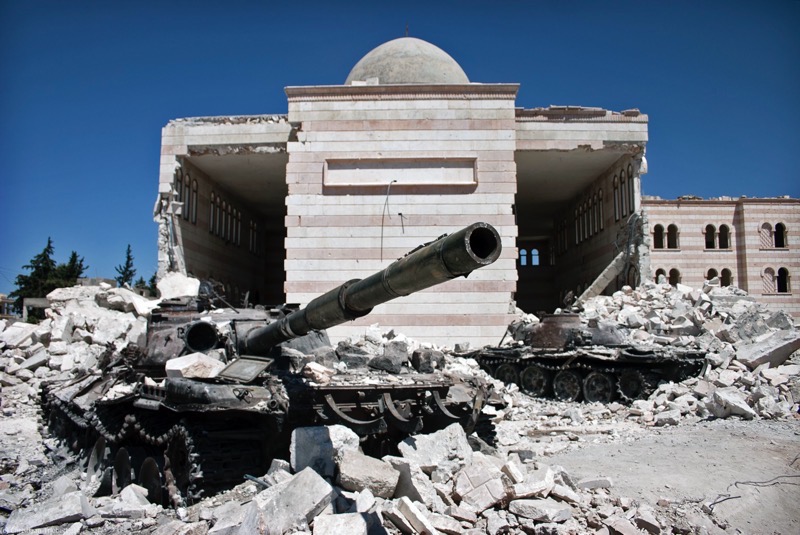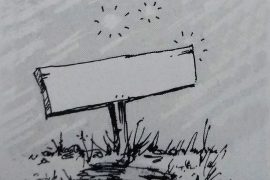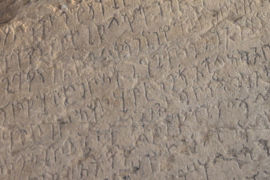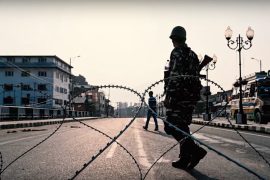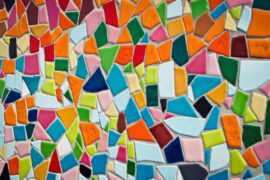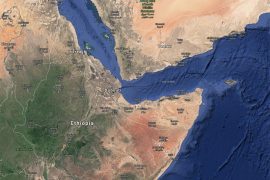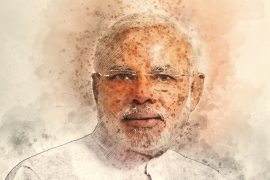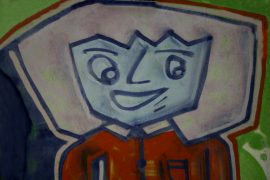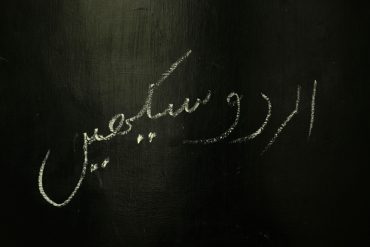President Bashar al-Assad, 59, who ruled Syria with an iron hand since 2000, fled by plane early morning on Sunday 8 December, and, according to the BBC and some Russian State media reports, he is in Moscow where he will be granted asylum. An ophthalmologist well- settled in London for eight years, Assad was chosen as successor by his father Hafez al-Assad who took power by a coup in 1970. The Syrian Parliament had to amend the constitution to lower the minimum age of 40 for a President. He was only 35 and the new minimum age was 34 years.
The Assads belong to an Islamic sect called Alawites – followers of Ali ibn Abi Talib, the husband of Fatima, Prophet Mohammad’s daughter. The Shias, too, are Ali’s followers.
In 1936, when negotiations started for an independent Syria, then under French rule, Sulayman Ali al-Assad, the grandfather of Hafez, had declared that he would prefer autonomy under France than independence. He got a letter expressing support and loyalty to ‘noble France’ signed by 450,000 of his followers.
The Alawites eagerly joined the Baath party, a secular party, established by Michael Aflaq, a Christian, in 1947. When the Baath party successfully carried out a coup in 1963, more Alawites joined the party. The next coup, in 1966, was entirely led by the Alawites.
Before his death in 2000, Hafez had declared Basher as his successor. When Basher took over, given his exposure to the West for eight years in London, there were high expectations that he would replace the rigid autocracy of his father with some elements of democracy. However, Basher soon proved that he intended to follow in his father’s footsteps.
The Arab Spring felled Ben Ali in Tunisia on 14 January 2011. President Mubarak fled on 11 February. Four days later some school children in Daara, a small city of about 140,000 in the south-west of the country, wrote two lines on the walls of their school:
“Doctor, it is your turn!
Down with Basher al-Assad!”
A terrified headmaster summoned ten boys and handed them over to the security forces. The boys were tortured, and parents protested. Eventually, some boys were released, and the bodies of the rest were returned to their families. It was in Daara that the first major protest occurred.
Why Did Assad Fall?
There are many reasons. We shall focus on the principal ones.
1) Basher al Assad had the option to talk to the protesters and order the release of the boys and express regret over torture. Instead, he used force to put down peaceful protests that turned violent after his security forces resorted to brutal violence.
2) Basher failed to comply with a peace plan proposed by the Arab League.
3) External forces including Saudi Arabia, Qatar, Turkey, and the USA stepped in, sending arms and money to their chosen groups.
4) Assad did not cooperate with a series of Special Representatives of the United Nations Secretary General, starting with Kofi Annan who negotiated with the heterogenous rebels and came out with proposals in 2012 to take Syria in a democratic direction with Assad remaining as President without executive powers.
5) Assad was losing territory when first Iran, and later Russia, came to his rescue, the former, with tens of thousands of Hezbollah fighters from Lebanon, and the latter with its air force. Assad came to the wrong conclusion that he could retain power with the military support of these two external powers and that there was no need to negotiate with the rebels. He saw all those who opposed him as “terrorists”.
6) Assad naively believed that by holding a rigged election and getting 95.2 per cent of votes in May 2021 he did enjoy people’s support. The UN had declared the election illegitimate.
7) Assad’s army, mainly conscripted, did not want to fight for him.
8) The people in the areas controlled by Assad were experiencing severe shortages of electricity and other daily necessities. Hence, in many cases, they welcomed the anti-Assad forces.
Who Felled Assad?
The anti-Assad rebels took barely two weeks to tell him. On 27 November, the rebels started from Idlib they have been holding for a while and attacked Aleppo, the largest city, and it fell on the 29th. It is likely that Turkey’s military assisted the rebels. Major cities such as Hama and Homs followed.
What is most remarkable is that there was no fighting and hence no killing. Russia and Iran also took the correct decision to appeal for a ‘diplomatic’ solution implying that they were not going to ask their forces in Syria to fight for Assad.
We still do not know enough about the anti-Assad forces that are going to take over Damascus. Two important components in that group are Hayat Tahrir al-Sham (HTS) and SNA (Syrian National Army), backed by Turkey.
The HTS had its origins in Al -Qaida and is considered a “terrorist organization” by the US and the UN. However, for what it is worth, Abu Mohammed al-Jolani, the forty-two-year-old HTS leader, has tried to project his group as having reformed itself.
The SNA, beholden to Turkey, is likely to be used by its President Erdogan to strengthen his role as kingmaker.
However, there are several complications as Turkey, which has its own large Kurdish minority, consistently oppresses them. The Kurds, with some support from the 900 US troops, control a large area.
What Next?
It is obvious that Iran and Russia have lost their influence in Syria despite heavy investment. Israel will make sure that no arms from Iran reach Hezbollah through Syria. Both Russia and Iran concluded that there was no way they could have saved Assad. Israel has bombed what it claims was a missile research centre used by Iran in Syria. President-elect Trump has already stated that Syria is not on his agenda. He might withdraw his troops from there.
The most important question is whether the rebels will be able to start a political process that takes Syria in a democratic direction in a peaceful manner, enabling reconstruction.
Will HTS be able to overcome its Al Qaeda legacy and emerge as a responsible political party willing and able to be part of a coalition to restore democracy and peace in Syria? Christians and other minorities are worried. HTS leader Abu Mohammad al-Jolani has claimed that his movement has reformed itself. We may recall that HTS defeated Al Qaeda and ISIS (Islamic State) and took full control over Idlib. We have to keep our fingers crossed.
Does Syria need external assistance to start such a political process and to take it to a successful conclusion? Yes, Syria does need. Turkey cannot be that external agent.
Perhaps, the UN Secretary General, through his Special Representative, can lead the political process provided the Security Council asks him to do that. Ergo, we need the P5 to agree. One of the main obstacles to a political solution was Basher.
Let us hope and pray for Syria to open a new chapter in its history with a democratic base with the international community taking the lead in the reconstruction of the damaged economy.
Will the Global South take the lead?
India can and should take the lead. Let us recall the grim toll since 2011. Since the start of the conflict, at least 580,000 people have been killed, including an estimated 306,887 civilians from 1 March 2011 to 31 March 2021, according to the most recent figures from the Office of the UN High Commissioner for Human Rights (OHCHR). Nearly 13 million people have been displaced, including 6.7 million refugees,” according to Global Centre for the Responsibility to Protect (GCR2P), research and advocacy organization.
Basher, the ophthalmologist who worked in London, was inclined to continue there, but he decided to obey his father, with unintended and disastrous consequences. And he has paid the price for it. He had the choice to make his country a democracy. Instead, he chose to rule as a dictator, with no regard for the rule of law or human rights.
I wrote in my book, The Arab Spring That Was And Wasn’t, published in 2022, that it was rather too early to hold that the Arab Spring was safely buried. It was buried, indeed, but it got resurrected in Syria.
-30-
Copyright©Madras Courier, All Rights Reserved. You may share using our article tools. Please don't cut articles from madrascourier.com and redistribute by email, post to the web, mobile phone or social media.Please send in your feed back and comments to [email protected]

